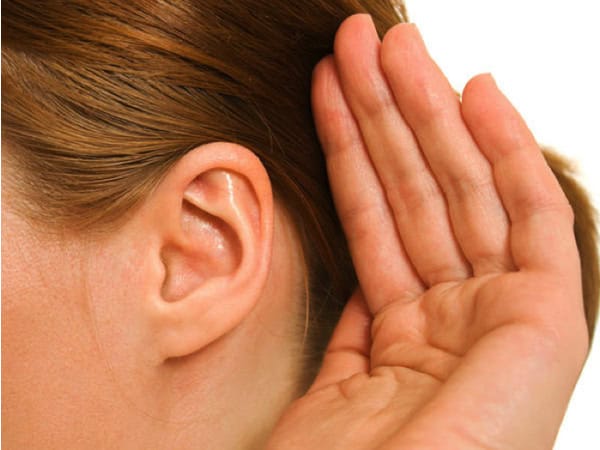Sydney: Assessing human hearing ability by tracking the heart rate can lead to early detection of hearing loss that can help in the development of communication and language skills, say researchers.
The team, from the Bionics Institute medical research facility in Australia, measured heart rate with a brain imaging method called functional near-infrared spectroscopy.
The technique records the brain’s response to sounds and cardiac information such as heart rate.
The researchers were able to confirm that sound levels “directly affect heart rate”, Xinhua news agency reported on Saturday.
Early detection of hearing loss is vital for babies born with a hearing impairment. Identifying and treating hearing loss early is “imperative for good language development, with life-long consequences for social, educational and employment opportunities, and quality of life,” according to the study, published in the journal PLOS One.
The team played a range of sounds with different volumes and monitored the participant’s cardiac response, with the results showing that heart rate was “directly affected by sound levels”.
When lower level sounds were played, a significantly lowered heart rate was recorded, for higher level sounds, an increased heart rate occurred.
The objective methods of measuring hearing are crucial for babies and other people who are unable to communicate what they hear, said lead author Mehrnaz Shoushtarian, from the varsity.
The effect of sounds on heart rate is a vital finding that contributes toward the development of a novel objective hearing assessment system which combines heart rate information with brain responses, to enhance the accuracy and effectiveness of hearing assessment in infants, the researchers noted.
[source_without_link]IANS[/source_without_link]

